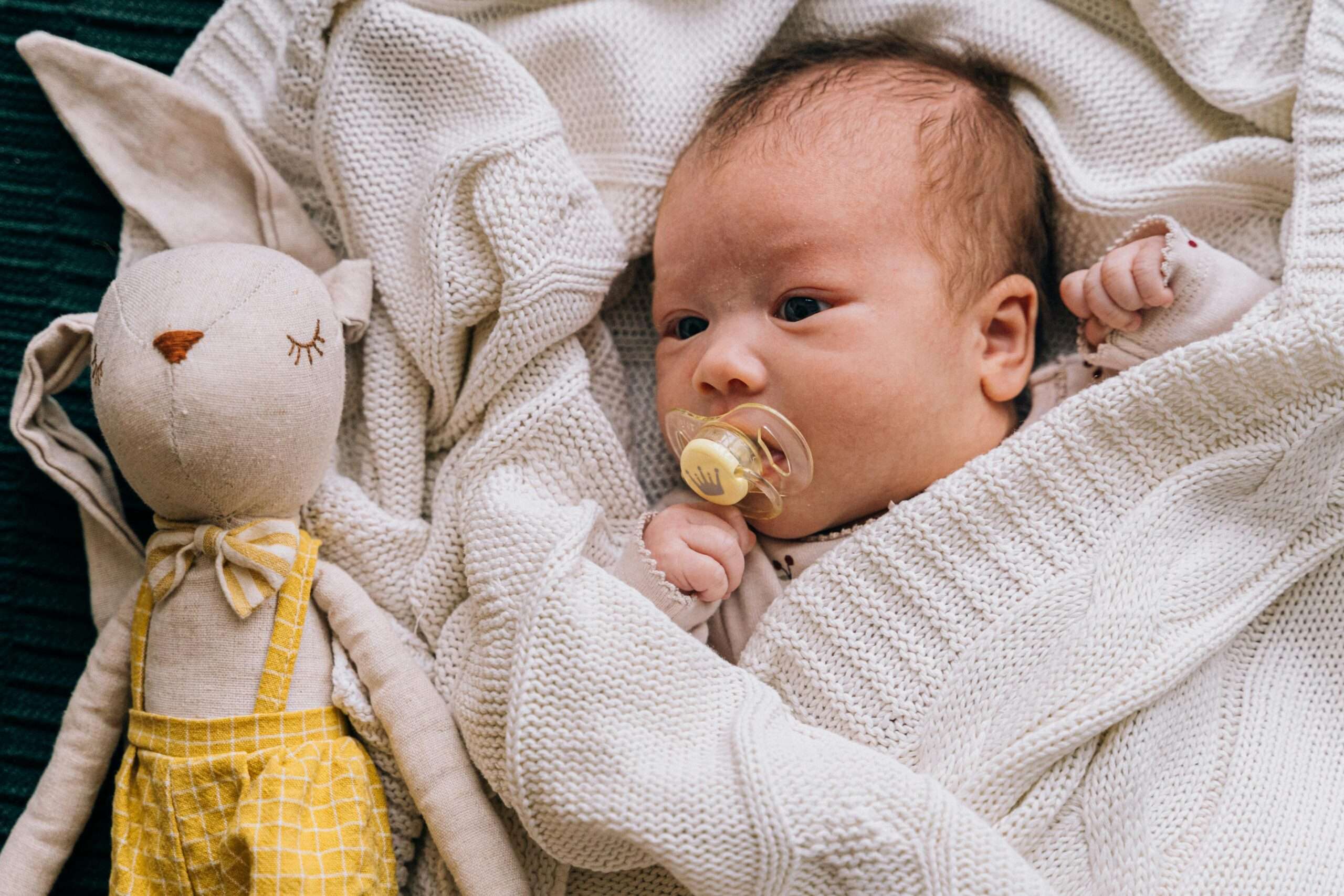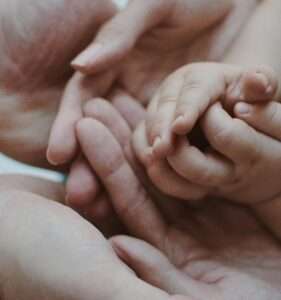The Newborn Stage: How Long It Lasts & What to Expect
- Dr Owais Rafiq
- October 30, 2024
- 4:48 pm

The Newborn Stage: How Long It Lasts & What to Expect
How long is the newborn stage, exactly? Truth is, whilst those sleepless nights would possibly experience everlasting, the newborn stage is sincerely sort of short. Welcoming a new child is an interesting, yet hard time for brand new parents. The primary few weeks after beginning, referred to as the new child level, include vast changes. Looking after a new child toddler may be a nerve-wracking revel in, whether or not you’re a first-time figure or a seasoned professional. After all, newborn infants can appear impossibly tiny and fragile. All the ones’ hours spent soothing and feeding your little one might make you surprise

How Long Does the Newborn Stage Last?
During the newborn stage, a baby is getting accustomed to life in the real world. According to the World Health Organization, the newborn stage lasts for a baby’s first 28 days of life that is, the first month after birth. For some, a baby is a newborn through the first 8 weeks, that is, two months after birth. And in many medical provider definitions, the newborn age range is the baby’s first 12 weeks, or three months after delivery a period of time also characterized by some as the “fourth trimester.” In other words, while there is a definition of new for newborn, it’s not cut and dried and might vary depending on who you ask.
Key Changes During the Newborn Stage
Physical Growth
Your newborn will experience rapid physical growth during these early weeks. Their weight and length will increase, and you may notice small developmental changes like more control over head movements.
Feeding Patterns
In a 24-hour period, most newborns will have 16 to 24 oz of milk, whether breast milk, formula, or a combination of the two. Breastfed babies may eat more often 8 to 12 times per day which is known as cluster feeding. The general rule of thumb is that they should be free to eat as much as they want, on demand.
You’ll be advised to keep count of their wet diapers and poop-y diapers, which can let you know whether they’re getting enough to eat.

Sleep and good nutrition are vital in the newborn phase as your baby quickly adapts to the world and their bodies work to keep up.
Sleep Cycles
Newborns sleep…a lot. In a 24-hour duration, newborns get about 16 to 17 hours of sleep. Now, that doesn’t mean they usually sleep whilst you need them to. Due to the fact that their tummies are so small, they should wake quite frequently every few hours or so to devour. All through this time, maximum toddlers are not slumbering directly via the nighttime, and might wake up every three to four hours, or maybe greater often, to devour.
Physical contact
Snuggling with your infant isn’t always just fascinating for you-it is something they want to grow and thrive. Madden recommends doing “skin to pores and skin,” wherein infant’s naked chest is against a caregiver’s naked chest. Newborns benefit from skin to skin from all caregivers, not just mothers, she notes.
What to Expect as a Parent During the Newborn Stage
Challenges With Sleep Deprivation
The newborn stage may seem peaceful but in reality, many new parents struggle with sleep deprivation, postpartum anxiety and other issues. The newborn stage is a period of major hormonal fluctuations and extreme sleep deprivation that includes the additional huge responsibility of keeping another human being alive, Madden says. I cannot think of any other period of one’s life that has this same combination of physical, mental and emotional stress, and fatigue all at once.
Alternate night feedings and wakeups
Newborns are wakeful. With that said, try to set a nighttime plan in place where you can alternate feedings with your partner or another caregiver, if that’s an option. If a newborn is bottle-feeding, it can help a ton for parents to alternate feedings at night, or even each take an entire night on duty so that the other can sleep.
Emotional Adjustments
It’s ordinary to sense crushed or disturbing all through the newborn level. Hormonal changes, loss of sleep, and the new obligations of parenthood can make a contribution to feelings of pressure. Don’t hesitate to invite for help from own family, friends, or specialists if needed.
Tips for Surviving the Newborn Stage:
Prioritize Self-Care
While it’s easy to focus solely on your baby, remember to take care of yourself. Stay hydrated, eat nutritious meals, and rest whenever possible.
Create a Routine
Ok, let’s move on to some more concrete tips and not just mindsets. The first one is to create small daily routine every day. Part of the reason the newborn stage can be so hard is everything is very upside down and it can easily feel like there is just SO much you need to do and you just have NO idea when you’re going to ever do any of it. While babies won’t follow a strict schedule, setting some predictable patterns around feeding, napping, and bedtime can ease the chaos.
Accept Help
In motherhood, you have to let some of that go. LET PEOPLE HELP YOU. People want to help, so accept it. Also, keep a little list of things that would be helpful for you. Often people want to help but don’t always know what is needed. They won’t always say “can I come to do the dishes” or can I bring you some takeout. They’ll instead offer, if I can do anything let me know, So, keep a little running list of things that you think of throughout the days that could be helpful so when someone texts or calls.
When to Transition Out of the Newborn Stage
Have you met a infant before? They get into everything! But it’s all a part of them practicing and gaining new skills. At the same time as newborns may go through transitions more unexpectedly, the newborn-to-infant transition can be especially difficult to navigate for mother and father. A few parents may also sense like they’ve simply gotten the cling of taking care of a baby, simplest to understand their toddler has distinctive desires. It can even be emotional for many parents who notice distinct signs of their little one growing up!
- Your little one may seem more alert and expressive as their hearing and vision continue to develop.
- You may even feel like you’re able to start identifying the meaning behind some of their cries.
- Toward the end of the first month, it’s time for another visit to your pediatrician for a check-in. You’ll likely discuss your baby’s vaccination schedule trusted Source. Their first vaccination, hepatitis B, was likely given in the hospital. The next set of vaccinations will begin when they are between 6 weeks and 2 months old.
Dr Owais Rafiq
Subscribe to Dr Owais YouTube channel
For parenting advice, child health, symptoms, causes and treatment of illness in children.





